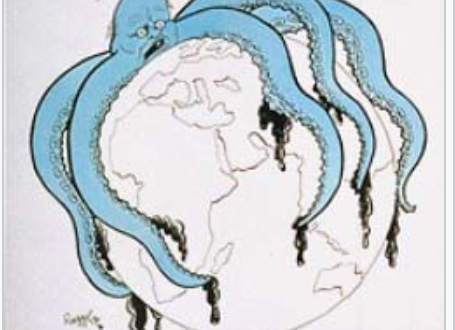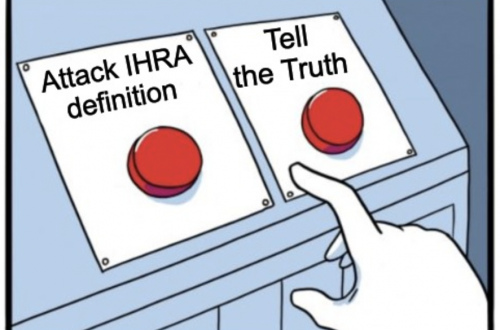Today it was announced that the American Studies Association’s members have voted in favour of an academic boycott of Israel. Here the Association’s president sought to justify this step.
The American Studies Association has never before called for an academic boycott of any nation’s universities, said Curtis Marez, the group’s president and an associate professor of ethnic studies at the University of California, San Diego. He did not dispute that many nations, including many of Israel’s neighbors, are generally judged to have human rights records that are worse than Israel’s, or comparable, but he said, “one has to start somewhere.”
He argued that the United States has “a particular responsibility to answer the call for boycott because it is the largest supplier of military aid to the state of Israel.” While acknowledging that the same could be said of a number of oppressive governments, past and present, he said that in those countries, civil society groups had not asked his association for a boycott, as Palestinian groups have.
Palestinian groups and individuals are perfectly entitled to call for a boycott. However it’s worth thinking about exactly why we don’t hear more from those who are suffering as a result of the policies of other governments around the world.
The American Association of University Professors has issued a thoughtful statement on this issue:
The AAUP, as an organization, neither supports nor opposes Israeli government or Palestinian policies, although many of our members certainly have strong beliefs on one side or the other. As the principal and oldest organization of American college and university faculty defending academic freedom, we understand that we do not have the organizational capacity to monitor academic freedom at institutions in other countries, nor are we in a position to pick and choose which countries we, as an organization, might judge. However, the AAUP does stand in opposition to academic boycotts as a matter of principle.
It’s not just zealous supporters of Israel’s policies who are uneasy about the prospect of a boycott:
http://chronicle.com/article/Membership-of-American-Studies/143645/
“The most disappointing thing of all to me is that I believe that many of those who supported this boycott would agree with many of those who opposed it in condemning current Israeli policies,” wrote Alice Kessler-Harris, a history professor at Columbia University, in an email. She is one of eight past presidents of the American Studies Association who signed an open letter opposing academic boycotts.
“Could not a well-intentioned group of academics think of a less-divisive strategy—a strategy that would invite Palestinian academics in and provide opportunities for them, a strategy that would enrich and widen the conversation rather than close it down?” she wrote.
Apparently not.


